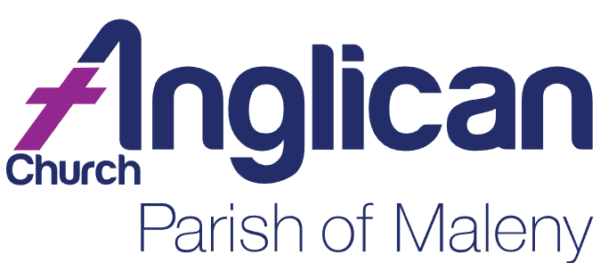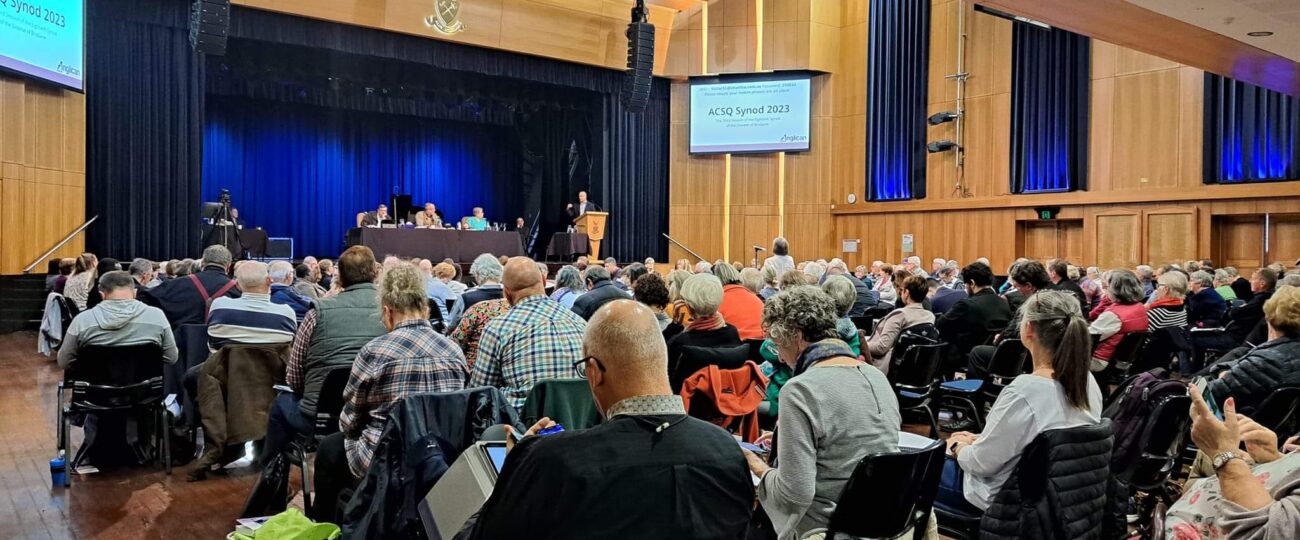Modern slavery describes the intentional and serious exploitation of people. It includes use of coercion, threats or deception to undermine a person’s freedom. It’s forms can include human trafficking, slavery, servitude, sexual exploitation, forced marriage, forced labour, debt bondage, forms of child labour, and deceptive recruiting into exploitative labour and services.
Victims can and do come from all walks of life, but mostly they are the poorest and most vulnerable of people: for eg. Women in poverty are at high risk of deceitful recruiting practices; refugee and migrant workers are frequently vulnerable to debt bondage, wage theft and unsafe working conditions.
The consequences are severe for its victims – but also has the effect of distorting our global markets and undercutting responsible business practices.
It’s not a problem confined to developing countries. The Modern Slavery index (walkfree.org) estimates nearly 50 million people globally and more than 41 000 people in Australia are subject to modern slavery.
This is on our shores. It is in most industries – including domestic services, agriculture, construction, hospitality, tourism industries as well as within the overseas sectors that we rely heavily on for eg. textile supplies, medical supplies, ICT equipment, furniture etc.
It is an invisible problem that is everywhere. In fact, a 2014 meeting of Orthodox, Anglican, Jewish, Muslim, Buddhist and Hindu with Pope Francis characterized modern slavery as a crime against humanity disguised as everyday life.
Thankfully Australia has made one of the strongest responses worldwide. The 2018 Modern Slavery Act aims to address vulnerable supply chains, and for organizations such as ours, includes annual reporting requirement too discloses the steps we take to identify, prevent and mitigate our risk of engagement with compromised supply lines.
As part of our responsibilities, our diocese has adopted policy that:
- reinterates the clear alignment of this act with our commitment to the mission of transforming unjust structures (as a strong advocate for legislative Modern Slavery reforms, and as a coalition member of Be Slavery Free)
- identifies our areas of high risk which come principally in the areas of procurement of textiles and labour support contracts
- starts us on the road to reducing our exposure by collaborating with suppliers for transparency in supply lines, through provision of risk management tools, and through education that improves our capacity to identify ethical supply.
As an organisation, the greatest tool we have in this space is collective purchasing, bargaining power and shared vetting of providers. Our larger structures such as Anglicare have done great work in this area of compliance, but due to the devolved nature of our, organization we are in different places in our smaller operations and across our parishes.
Nonetheless we can all make ground where we are:
– through participating in transparency measures;
– by engaging in this conversation at our grass roots;
– and beginning where we can – that might be with the fairtrade coffee at morning tea or looking at our regular purchases.
We already ask financial, pastoral and missional questions everytime we make decisions about our life together – this motion encourages us to also ask the justice question.
We are legally mandated to make a response but even more importantly we carry the imperative to better love our sisters and brothers most vulnerable to exploitation and modern day slavery practices..
The Rev’d Deb Bird to move; The Very Rev’d Dr Peter Catt seconding; Passed by Synod.
That this Synod:
- Gives thanks to God for the faithful work of Parishes, Schools, Commissions and other agencies who have been conducting audits, completing annual returns, building awareness, and establishing controls around Modern Slavery Risks, according to the ACSQ Modern Slavery Policy ( Modern Slavery Policy.pdf );
- Thanks ACSQ Risk and Compliance Manager Teresa Day for her work on collating resources published on the ‘Combatting Modern Slavery Risks’ page on the Anglican Resources Community (ARC);
- In line with the Anglican Mark of Mission of transforming unjust structures of society, encourages all Parishes, Schools, Commissions and other agencies to
a. Utilise the resources provided and adapt for use in their own context to combat Modern Slavery
b. Collaborate with the Risk and Compliance Manager, Justice Enabler and Social Responsibilities Committee around ACSQ’s annual Modern Slavery reporting, education and campaigning efforts where possible.
Explanatory note
Motion to commend efforts to combat Modern Slavery, and endorse relevant resources on the Anglican Resources Community (ARC).

